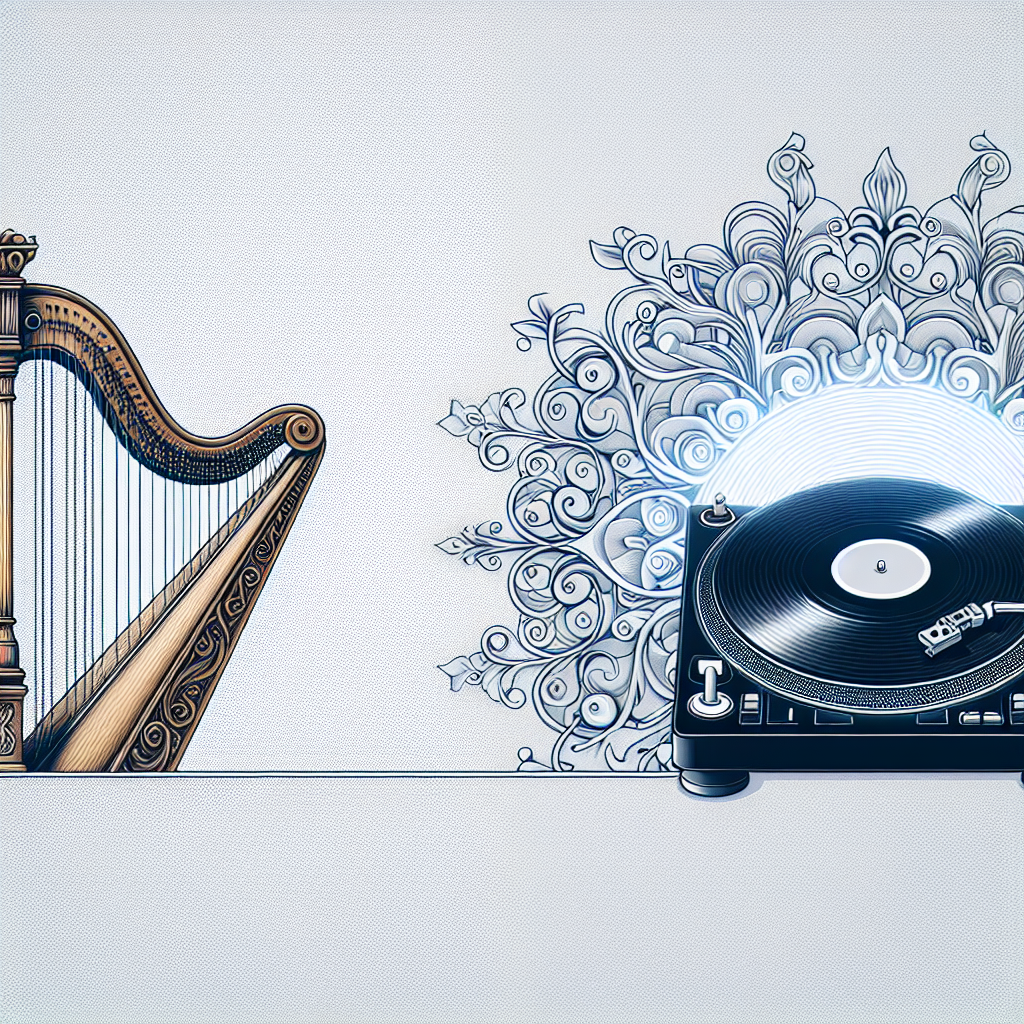Music has been a part of human culture for centuries, evolving and changing with the times. From the classical compositions of Mozart and Beethoven to the contemporary beats of Beyoncé and Kendrick Lamar, the evolution of music has been a fascinating journey.
Classical music, dating back to the medieval and renaissance periods, is often characterized by its complexity and sophistication. Composers like Bach, Mozart, and Beethoven created timeless masterpieces that are still revered today. These composers were known for their intricate melodies, harmonies, and structures that required a high level of skill and training to perform.
As time passed, music began to shift towards more accessible and popular styles. The emergence of genres like jazz, blues, and rock and roll in the early 20th century brought a new energy and excitement to the music scene. Artists like Louis Armstrong, B.B. King, and Elvis Presley revolutionized the industry with their innovative sounds and charismatic performances.
The 1960s and 70s saw the rise of psychedelic rock, funk, and disco, with bands like The Beatles, Led Zeppelin, and Donna Summer dominating the charts. These artists pushed the boundaries of music even further, experimenting with new sounds and technologies to create groundbreaking albums that are still revered today.
In the 1980s and 90s, the music industry underwent a major transformation with the advent of MTV and the rise of pop icons like Michael Jackson and Madonna. The introduction of music videos allowed artists to showcase their creativity and personality in new ways, leading to a new era of visual storytelling in music.
Today, we are living in the age of digital music, where streaming platforms like Spotify and Apple Music have revolutionized the way we consume music. Artists like Beyoncé, Kendrick Lamar, and Taylor Swift are pushing the boundaries of genre and style, blending influences from hip-hop, R&B, pop, and electronic music to create a new sound that resonates with audiences around the world.
The evolution of music from classical to contemporary has been a testament to the creativity and innovation of artists throughout history. As technology continues to advance and new genres emerge, one thing is certain – music will always be a powerful force that brings people together and shapes our culture.



